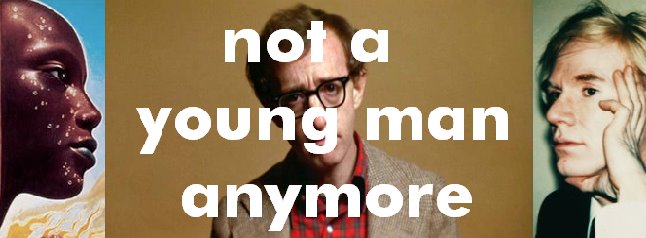 If you put any two objects in close enough proximity to each other, they cease to be two objects. As legendary filmmaker and theorist Sergei Eisenstein put it, "each sequential element is perceived not next to the other, but on top of the other". It creates a cumulative effect. Your perception of one alters your perception of the other. You become acutely aware of the similarities and differences. This is precisely the dialectic at work in Stephen Soderbergh’s 4 ½ hour, 2-part epic on the life of Ernesto “Che” Guevara.
If you put any two objects in close enough proximity to each other, they cease to be two objects. As legendary filmmaker and theorist Sergei Eisenstein put it, "each sequential element is perceived not next to the other, but on top of the other". It creates a cumulative effect. Your perception of one alters your perception of the other. You become acutely aware of the similarities and differences. This is precisely the dialectic at work in Stephen Soderbergh’s 4 ½ hour, 2-part epic on the life of Ernesto “Che” Guevara.The first film, entitled The Argentine, focuses exclusively on Che’s involvement with the Cuban Revolution. Though the film is about revolution and takes many of its cues from legendary films on the subject (Soy Cuba, Z, The Battle of Algiers, etc) it comes off as much less dogmatic than other films of that sort. This is the result of the objective Brechtian style Soderbergh employs. This allows the audience to stand back from both action and ideas. They get to take everything in and evaluate it for themselves.
It is fascinating to see how something which began as small talks among expats in Mexico, lead directly to a new regime taking power in Havana. And over the course of that journey we get to watch Benicio Del Toro transform from an asthmatic Argentinian doctor into the quintessential symbol of rebellion. The performance is nothing short of spiritual possession. As exhilarating as the victory in Cuba is, it is underscored with a knowledge of all that will follow.
Though it starts out like The Argentine with a small band of idealistic and dedicated rebels coming together for a cause, Guerilla quickly devolves into an example of how badly things can go wrong. The film is a much more morbid affair than it's counterpart. It plays like a Sam Peckinpah western where death hangs in the air throughout. Like the band of outlaws in The Wild Bunch, they are doomed yet continue.
While Guerilla does have some drag late in the second act, it very quickly regains its footing for the very emotional and inevitable climax. Thanks to the Soderbergh's use of the Red One camera, Che's capture and execution become some of the most beautiful moments in an already exquisitely beautiful film.
Some have blasted the film for its' treatment of the politics. The lefties want it to be a recruitment film and conservatives want it to demonize Che, yet the film does neither. That is because this film is not about politics.
Take away all the guns and fatigues and this is could be the story of any maverick filmmaker's career. The great early success coupled with the disaster plagued dream production that never gets off the ground. But even that analogy isn't completely apt because in the end, this is simply a film about a man. A man who believed in something so completely he was willing to fight for it - to the death.
Hasta La Victoria Siempre!





No comments:
Post a Comment